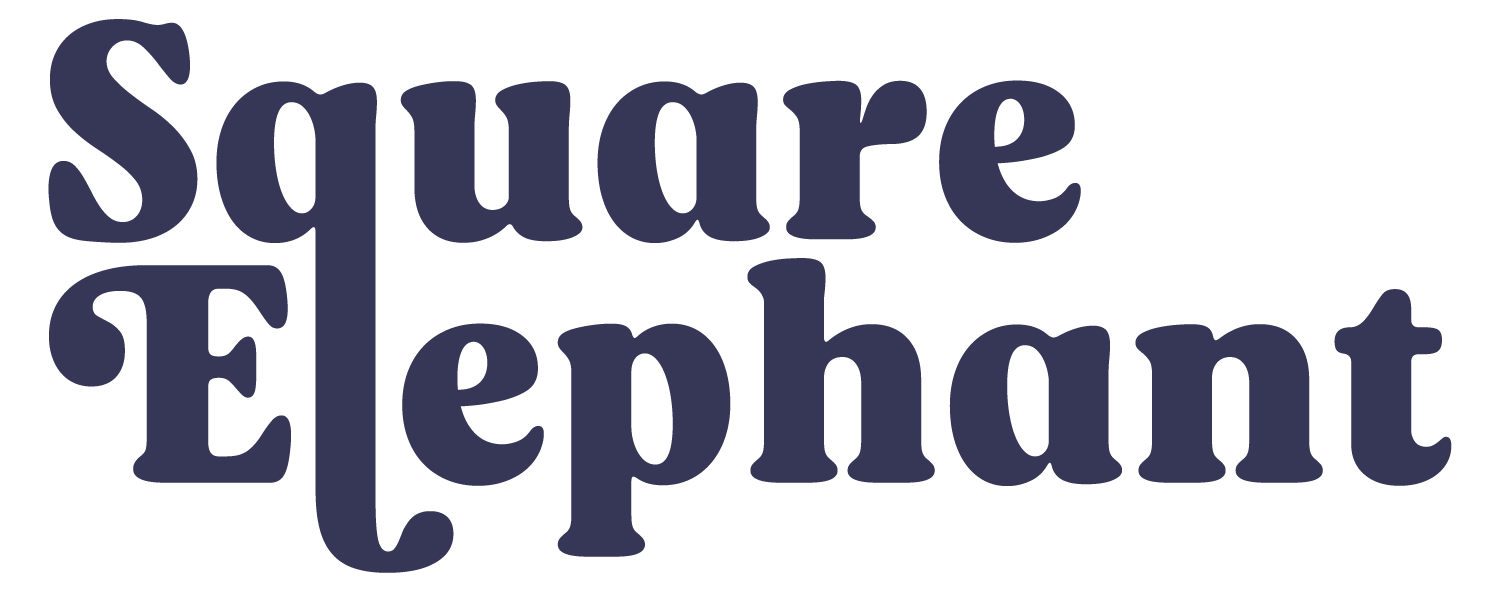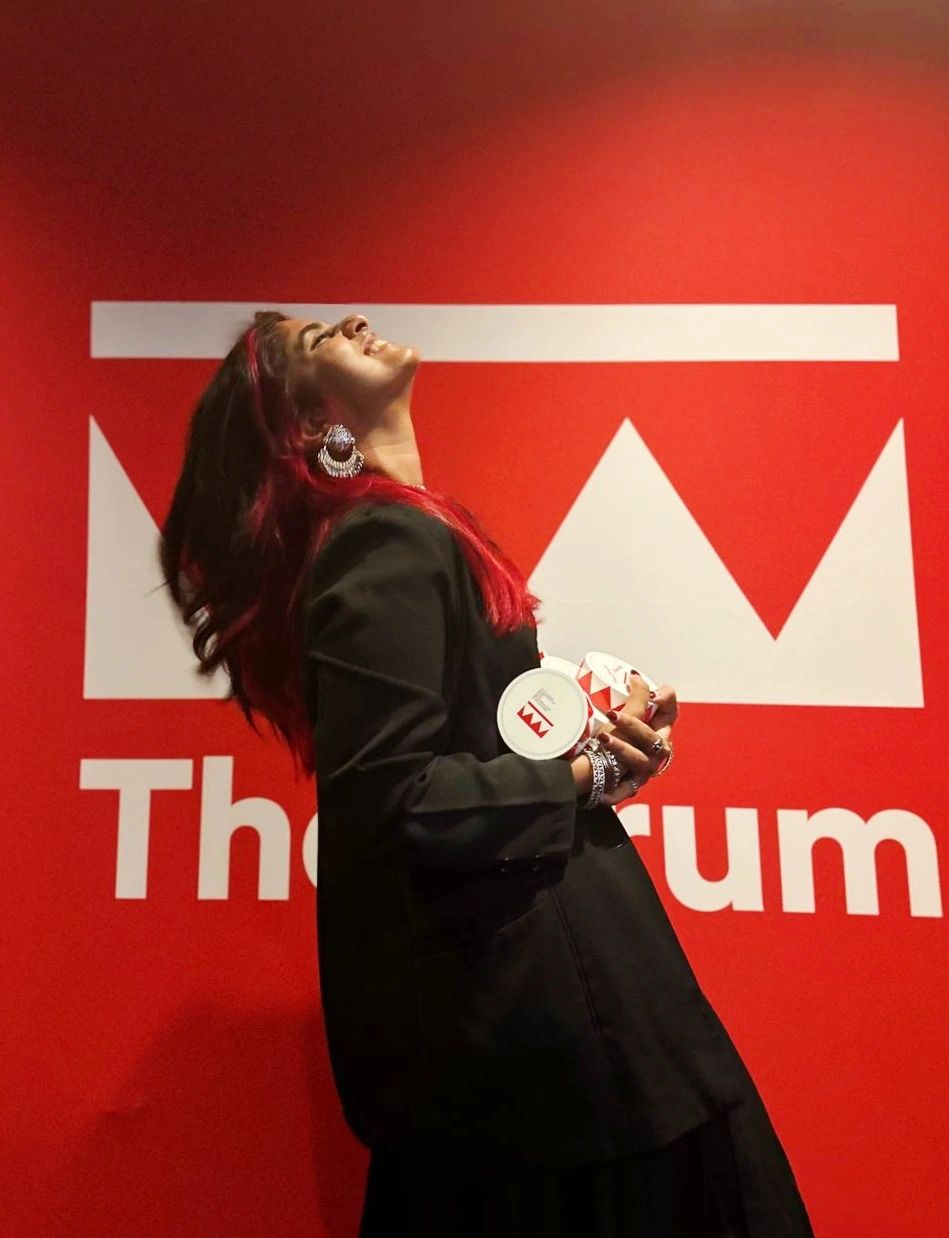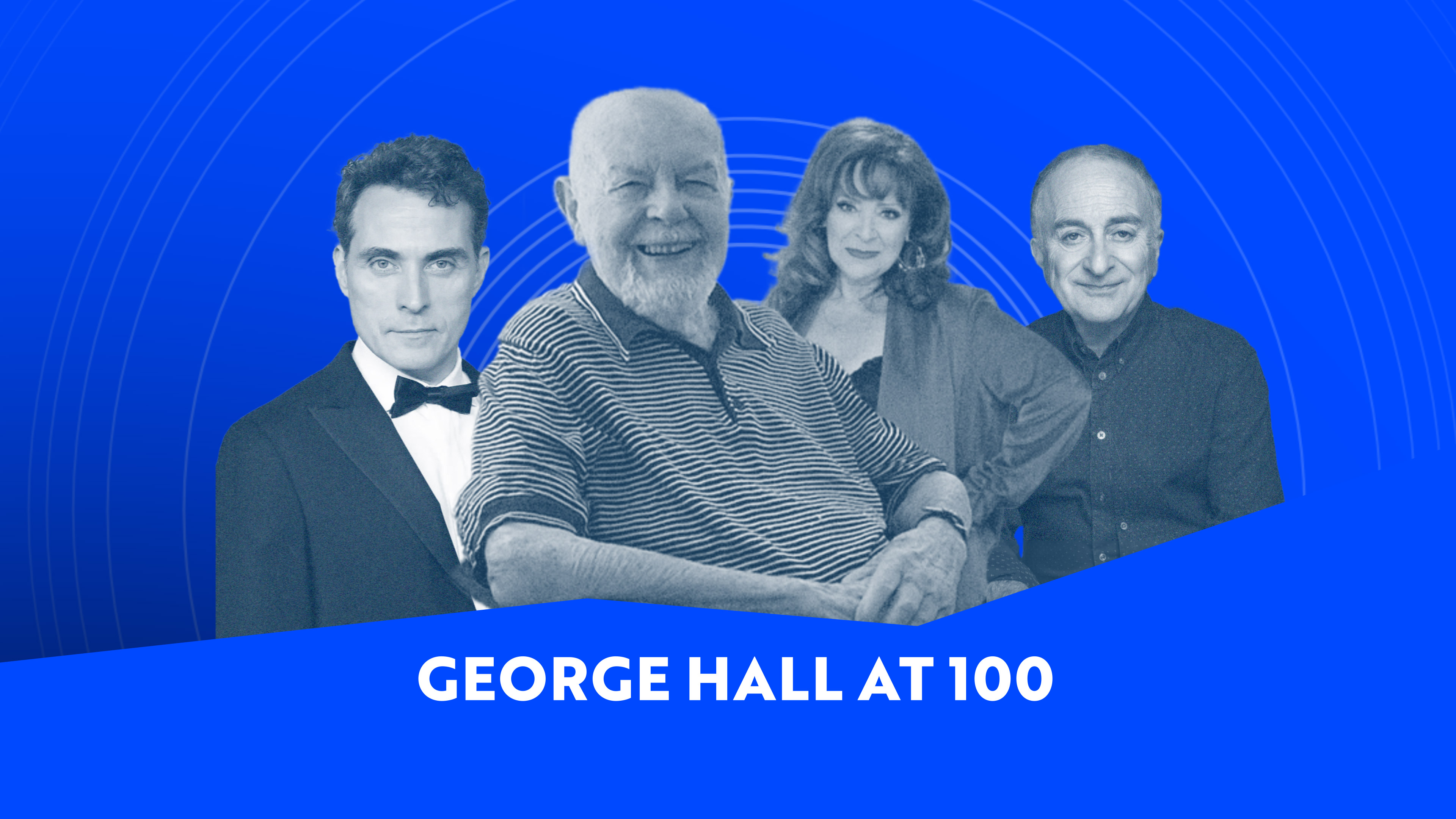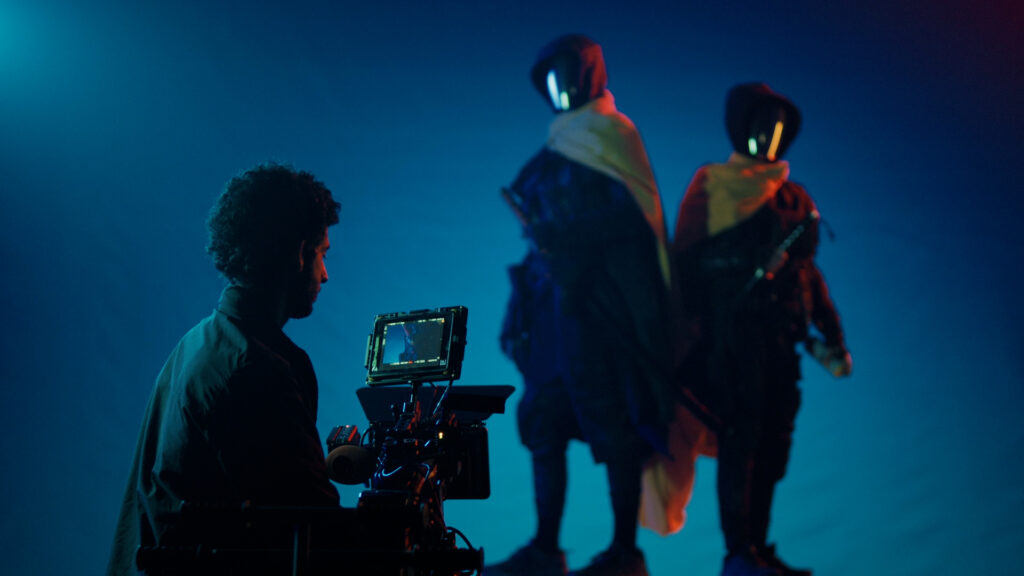Square Elephant Productions are very proud to have worked with HONOR and their broadcast partner on a fascinating new film commissioned as part of their global campaign to generate awareness and support for those living with the debilitating Motor Neurone Disease.
It features the astonishing story of Dutch businessman, Bernard Muller and explains how, following his devastating diagnosis of ALS in 2010, he has embraced groundbreaking new technology to help adapt his life and create digital art.
HONOR is a leading global provider of smart devices, with a special focus on R&D, and the film was commissioned as part of their new campaign called #HONORtheChallenger, which celebrates those who, like Bernard, seek to achieve the extraordinary despite their circumstances. The film reveals how AI and other technological advances are dramatically transforming and helping improve the lives of people who have conditions that severely restrict their mobility.
Bernard was 41 years old and running a billion-euro maritime business that he’d built up in the port of Rotterdam when he was told he had amyotrophic lateral sclerosis (ALS), an incurable form of MND. However, as he explains in his autobiography Bargee Boy, rather than passively accept his new condition, he decided to treat it as a project and explore how innovative new technology could help him plan ahead for the major changes he knew would inevitably occur as the condition developed.
ALS is a progressive disease of the nerve cells in which muscles gradually fail, and those who live with it are eventually unable to move their limbs. 14 years after his initial diagnosis, Bernard is confined to a wheelchair and ventilator and entirely dependent on other people supporting him as he’s fully paralysed from the neck down and is only able to move his eyes, mouth and neck.
Each morning his team place a monitor in front of his wheelchair at a specifically calibrated distance and angle that enable his eyes to focus on a large keyboard on the screen. The eye-tracking technology registers which letter he is specifically looking at and that allows him to write words as easily as if he was tapping them with his fingers on a keyboard.
SEP founder and producer Parag Sankhe took his British and Dutch production team to film with Bernard in his specially adapted home in a small town near Rotterdam.
‘We were able to plan filming directly with Bernard himself because of the extraordinary eye-tracking technology he uses to write emails, manage his share portfolio, watch TV, make video calls and much more.’ said Parag. ‘He replied very quickly to our many questions and what soon became clear is that he is a man with a very sharp and mischievous sense of humour and we’ve tried to incorporate that in the film’.
Before he lost the ability to speak, Bernard recorded and stored multiple examples of his voice so he can now type his thoughts using his eyes and then instantly generate them as an audio file using text-to-speech technology. This has enabled him to be the narrator of the film, which gives it additional power as his story is told literally through his eyes and in his own words.
‘ALS has taken away my ability to speak, but groundbreaking AI innovations have given me a new voice’, explained Bernard. ‘I’m mesmerised by the power of multimodal technologies to bring my ideas to life with my words, enabling me to challenge myself and express my capability despite my physical limitations.’
It also empowers him to create unique pieces of digital art by using his eyes to write prompts and then instruct the AI programme to change and adapt until he is happy with the piece. Many of these original works are sold to raise funds for ALS research and the creation of new artwork lies at the heart of our film.
‘Because the campaign was launched during the Paris Olympic Games, I wanted to create an image that focussed on a moment of stillness and silence, which is something that those of us with ALS can identify with’ continued Bernard. ‘That is why my new piece of art features a sprinter in the set position on the start line of her final. The packed stadium has fallen completely silent in anticipation of the race as she waits for the starting gun to be fired and all she’ll be hearing is the sound of her own breath and heartbeat. That is what I experience every day.’
Square Elephant Productions showcased examples of Bernard’s artwork by creating a pop-up gallery in Dalston, East London when we filmed an interview with tech expert Ben Wood, Chief Analyst of CCS Insight.
‘It’s astonishing how `Bernard has used technology in such an innovative way to express himself,’ said Ben. ‘Eye-tracking is a breakthrough technology for people with disabilities. When you lose the ability to speak or move, it means the tiniest little actions, like moving your eyes, allow you to create and image or action. It’s a game changer.’
This film campaign was shot in multiple locations in the Netherlands, UK and China within one week, and for Parag and Square Elephant Productions, producing the new #HonorTheChallenger campaign film has been an enriching experience. ‘Working with Bernard and exploring these exciting new innovations was a privilege. It was a special project that taught us a lot and allowed us to share an extraordinary story and we hope his remarkable personality and art will help raise awareness and inspire others through his creativity and communication’.
Following the international broadcast and distribution of the film, it is now available on YouTube and many social media channels.
#HONORtheChallenger
